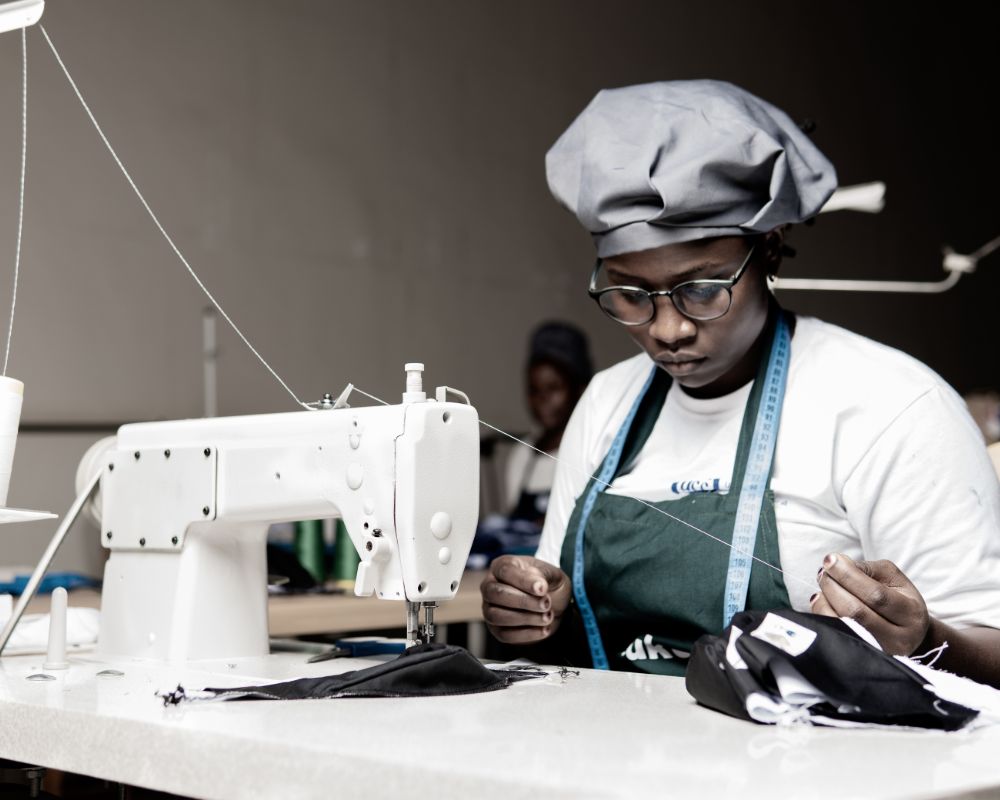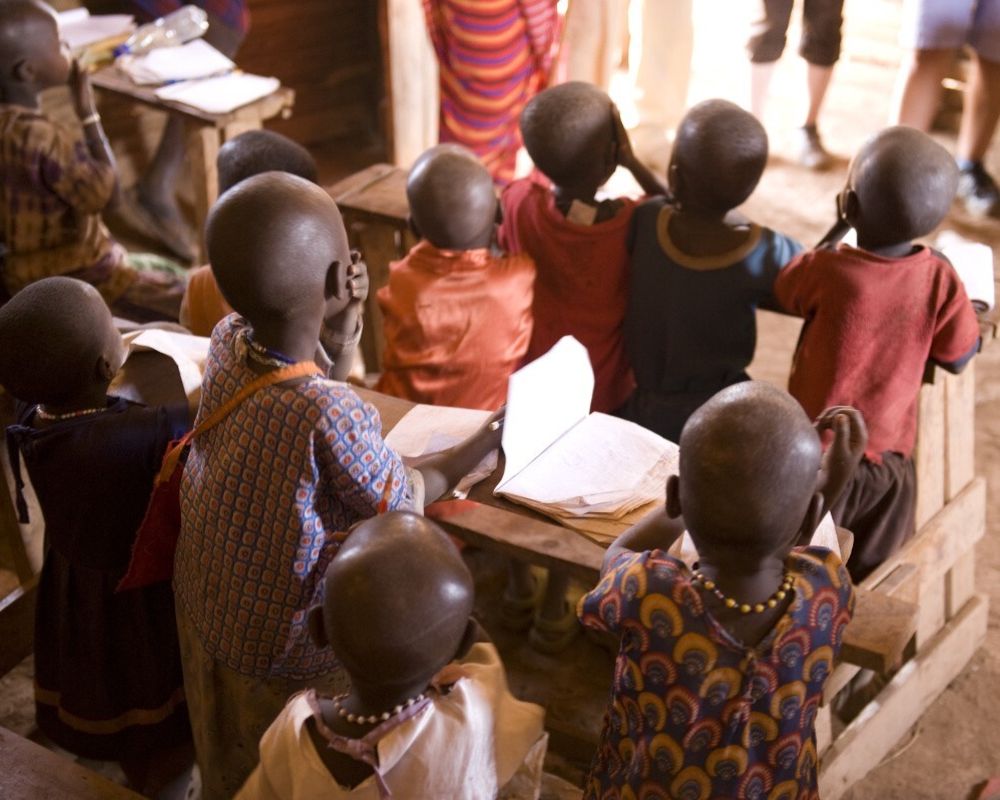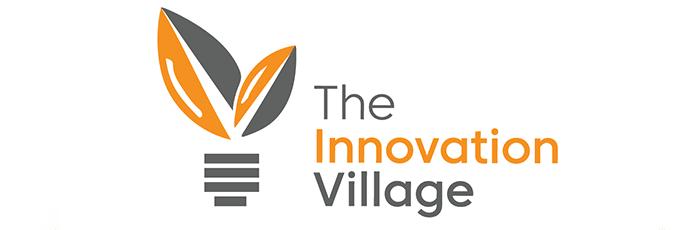Background
The COVID-19 pandemic has created the largest disruption of education systems in history, affecting nearly 1.6 billion learners in more than 190 countries and all continents. Closures of schools and other learning spaces have impacted 94 per cent of the world’s student population, up to 99 per cent in low and lower-middle income countries.
In the face of global closures of educational institutions and the halting of non-formal training, there has been remarkable innovation in responses to support learning and teaching. But responses have also highlighted major divides, beginning with the digital one. Learning losses due to prolonged school closures mean that many educational outcomes are at risk. For a number of reasons, we cannot return to the world as it was before. Education stakeholders need to ensure that education systems are more flexible, equitable, and inclusive.
The EdTech Lab is launching a Business Development Program to provide holistic support to innovative business spearheading the Future of Education. Program Support will be designed to refine, validate and sustainably scaling ideas designed to increase access to quality education and add relevant skills for development.
We’re Reimagining Education and
Accelerating Positive Change In Learning

Businesses offering skills needed for employability Programs:
How can we ensure they receive the support they need, prioritizing education and training and accelerating changes within the sector?
Measures to address these priorities should fully take into account the necessity of equipping youth and adults with the skills in demand in the labour market. This may require rethinking how these key skills are identified, for both current and future labor markets. Among the many things the crisis has underlined is the essential workers who hold the system together.
Businesses providing measures to build back resilience and reach all learners:
How can we ensure that education systems address the vulnerabilities in times of crisis?
Measures to “build back resilient” and reach all learners need to understand and address the needs of marginalized groups i.e. refugees, women and youth and ensure they receive quality and full-term education. Some of these needs include:
- Catching up on learning losses.
- Bringing back to school learners at risk of dropping out.
- Focusing on social and emotional welfare of the student population, teachers and staff.
Learners in emergencies and protracted crises should be prioritized so that their education is not further jeopardized. School health and nutrition programs (including school meals, water and sanitation) are of great importance to vulnerable children, as well as a powerful incentive, increasing school reenrollment and attendance (especially of girls and children living in extreme poverty or food insecurity).


Support the teaching profession and teachers’ readiness
How can we strengthen systems of support for teachers, facilitators, and parents/caregivers in the successful and safe use of technology for learning?
It is essential that teachers and communities be better prepared and supported if equitable and inclusive learning, in and beyond classrooms, is to be guaranteed. Technology alone cannot guarantee good learning outcomes. More important than training teachers in ICT skills, is ensuring that they have the assessment and pedagogical skills to meet students at their level and to implement the accelerated curricula and differentiated learning strategies likely to emerge in the return to school. Digital solutions need relevant content, adequate instructional models, effective teaching practices, and a supportive learning environment. Teacher development and professionalization are key to ensure they are sufficiently qualified, remunerated, and prepared.
Who we are looking for
Institutions, Businesses and Early-Stage Startups in Uganda
Product/Service already in the community with evidence of customers.
Have a solution that prioritizes increasing access to people in remote areas.
Have an economically viable business model.
Demonstrate a strong promise of building a sustainable and impactful business.
Diverse and Focused Leadership team with at least one team member with strong sector expertise.
Have a solution that is practical and easily implementable thereby positively impacting the lives of the youth.
Why Join the Program
Advisor Sessions
Businesses can seek advice from advisors within the industry.
Office Hours
Includes feedback on the product and better understanding sector issues.
Mentorship Sessions
We have a strong network of mentors who provide advice on topics such as: marketing, scaling, legal issues, business strategy and pitching to partners.
Executive Networking
Startups will get exposure to corporate partners (and vice versa) through networking events.
Join our Panel Discussion
On a Future of Education series with industry experts.
Potential Partnership Opportunities
A chance to meet with Partners looking to drive the Future of Education, potentially develop a Proof of concept (POC) and establish a relationship to strategically support the goals of the business.
Future of Education will be a highly selective and intensive 8-weeks program for Uganda’s most promising education entrepreneurs, receiving expert guidance on how to navigate the education landscape and scale their solutions via mentorship, peer learning and expert feedback and guidance from the team and implementing partners.
Advisory Board


Joanna Zimmerman
Assistant Director, Education for Humanity Arizona State University<p><span style="font-weight: 400;">Joanna has over ten years’ experience in curriculum, teaching, and pedagogy spanning from early childhood to higher education. She began her career as an elementary school teacher in Washington, DC and went on to work closely with school superintendents across the United States in developing and implementing school climate, employee and student satisfaction, and college-readiness tools and processes. In this capacity, she aided district efforts to promote collaboration with stakeholders to achieve a more informed and inclusive decision-making process. </span></p> <p> </p> <p><span style="font-weight: 400;">Joanna has coached school leadership teams in strategically collecting and utilizing critical data points to improve school operations, and has developed and implemented corporate training programs for EdTech companies in Washington, DC. Joanna designs and conducts Gender Equality and Social Inclusion assessments for emerging educational programs around the globe, in order to advocate beneficial policy reform for traditionally vulnerable populations. </span></p> <p> </p> <p><span style="font-weight: 400;"> As the Assistant Director of the Education for Humanity initiative at Arizona State University, Joanna assists in shaping its overall global strategy and drives the utilization of learner performance and qualitative data to improve course offerings and the experience of learners, facilitators, and implementing partners.</span></p> <p> </p> <p><span style="font-weight: 400;">Joanna earned a Bachelor’s in Social Anthropology from Harvard College, with a Secondary concentration in Economics. She also earned an Ed.M in Technology, Innovation, and Education from the Harvard Graduate School of Education and TESL certification from Pontificia Universidad Católica Madrey Maestra in Santiago, Dominican Republic. </span></p>

Marc Sperber
Creative Design Lead, Education for Humanity Arizona State University<p><span style="font-weight: 400;">For over two decades, Marc Sperber has been creating products and experiences designed to engage and inspire. At Arizona State University (ASU), he has combined his expertise in the science of teaching and learning, technology, business, media, art, and design thinking to reimagine how to increase access to education for everyone, everywhere. Initially starting and managing projects within a tech-driven programs incubator at ASU, he shifted full-time, in 2017, to be the first team member of Education for Humanity, an initiative focused on access to education for refugees and their host communities, where he designs and implements a portfolio of technologies and holistic, regionally relevant learning programs (edforhumanity.asu.edu).</span></p> <p><span style="font-weight: 400;">Prior to joining ASU, for ten years, Marc assumed key roles at Duke University in launching online programs, planning transformative educational programs on multiple continents, spearheading quality improvement initiatives, and piloting new educational technologies and instructional models.</span></p> <p><span style="font-weight: 400;">Marc has a master’s degree in instructional technology and distance learning administration, a bachelor’s degree in marketing, and a certificate in film, video, and broadcasting post-production. His previous experience includes roles as a music magazine founder/publisher/editor-in-chief, market research analyst, and TV commercial film editor, to name a few. </span></p> <p><span style="font-weight: 400;">During his most recent career, Marc has worked in six countries in the greater Eastern Africa, among other parts of the world, and occasionally provides consulting services to edtech companies to inform their strategy or product development.</span></p>

Amanda Obidike
Strategic Innovator STEMi Makers Africa<p><span style="font-weight: 400;">Amanda is a certified professional in STEM by the Open University, United Kingdom. She is the team lead of The Science, Technology, Engineering, Math and Innovation Makers of Africa (STEMi Makers Africa) where she has created sustainable and implementable projects in over 75 under-served Communities across 17 Sub-Saharan countries by preparing the next generation of innovators with technology emerging tools, real-world problem-solving skills they need to excel in lucrative fields and become more experienced for Africa’s workforce by 2030.</span></p> <p> </p> <p><span style="font-weight: 400;">Her expertise span from Project management and Operations, Education and Community building, Technology and Data Science.</span></p>

Kenneth Legesi
Co-founder and Managing Partner Ortus Africa Capital<p><span style="font-weight: 400;">Kenneth has over 18 years’ experience working with and advising businesses across multiple sectors with specialisation in the provision of technical and financial advice including economic/financial analysis and modeling, business valuations, and investment.</span></p>
Process









